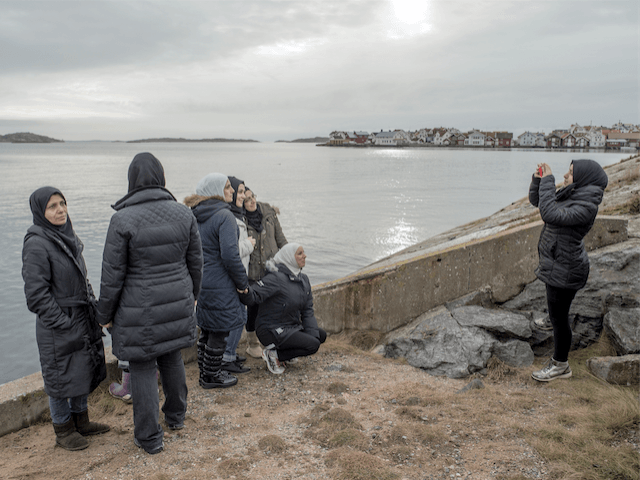Thousands of ‘asylum seekers’ are leaving Denmark and Sweden and returning home, as they tire of waiting for applications to be processed or realise they have little chance of being granted welfare or the right to work.
In Denmark, 279 migrants have withdrawn their applications since the beginning of the year. In Sweden, more Iraqis have cancelled their applications so far this year – 1,366 – that those who have registered – 1,243.
Denmark has recently tightened family reunification policy and made it harder for migrants to get jobs and welfare. In Sweden, the state has been overwhelmed, closing off some borders and taking months to process applications – an average of 180 days.
Danish Integration Minister, Inger Støjberg, revealed that the vast majority of withdrawn applications belonged to Iraqis and Iranians, but said there were also nine Syrians who have dropped their claim.
According to the broadcaster DR, Martin Henriksen of the Danish People’s Party, argued that the large number of application withdraws was proof that migrants seeking asylum in Denmark are “convenience refugees”.
“As far as I know this is the first time that Syrians have chosen to go back to Syria. And that says something about the fact that they are not as persecuted as they say they are”, Mr. Heniksen explained.
Adding: “They are migrants who are not fleeing directly from war but move around between countries to find the place where they can live the best life”.
Last year, Sweden received 162,877 asylum applications, more than any European country proportionate to its population.
Now, only 18 per cent of Afghans in Sweden will have their asylum applications approved. Many are choosing to leave of their own accord, with 500 withdrawing their applications already this year.
Kristina Ränner, a migration agency expert, told the Swedish newspaper Sydsvenskan: “We are getting signals that asylum seekers are tiring of long processing times and that things have not turned out as they expected in Sweden.”
Adding: “The climate here in Sweden has toughened considerably. That leads to a new kind of decision”.
However, another factor at play is the fact that Iraqis and Afghans are entitled to grants of 75,000 kronor (£6,425) per family to return to their home countries.
Similarly, in Norway now, 500 so-called ‘asylum seekers’ are being offered an additional 10,000 kroner in travel expenses, on top of the 20,000 kroner already offered, to return. Overall, they can rake in the equivalent of £2500 if they leave.

COMMENTS
Please let us know if you're having issues with commenting.